Lawrence Lau
Ralph and Claire Landau Professor of Economics, CUHK
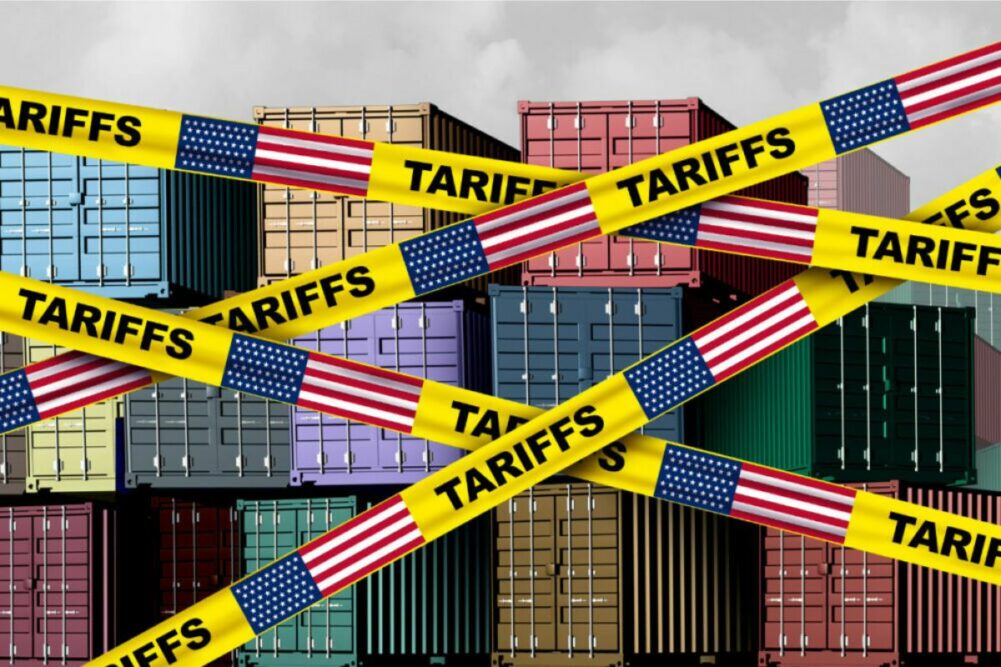
Apr 18, 2025
An estimate of the impact of the tariff war between China and the U.S. on the Chinese GDP in 2025 is presented. The dependence of the Chinese economy on its exports and, in particular, on its exports to the U.S. has been declining significantly over time. At the current tariff rates, a total cessation of bilateral trade is a real possibility. Under the assumption, the reduction in the rate of growth of Chinese GDP may be estimated to be 1.2%, other things being equal. Even though the announced target rate of Chinese growth is around 5%, the weighted average of the target rates of growth of the provincial-level units is 5.26%, indicating room for further increase. In addition, China is expected to launch additional domestic economic stimulus measures in response to the new tariffs, which should result in an additional growth of 0.5%. For 2025 as a whole, a rate of growth of around 4.5% (5.26 – 1.2 + 0.5) may be predicted.
Mar 29, 2024
IntroductionFor 2023, the Chinese Government’s target growth rate was 5%. The actual growth rate achieved was 5.2%. This must be considered a success, g
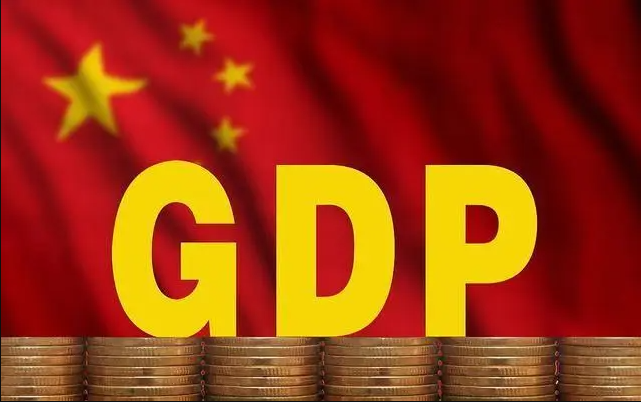
Jan 24, 2023
2022 was not a good year for the Chinese economy. In 2022, the COVID-19 epidemic, which started in December 2019, caused significant economic disruptions in the second quarter, especially in Shanghai, resulting in a real rate of growth for the Mainland economy of only 3.0% for the year as a whole. This is the second lowest annual rate since economic reform and opening began in 1978.
Nov 04, 2022
We are living in a very different world. Shifting macroeconomic trends including diversification and second sourcing because of de-globalization and de-coupling have significant implications for the global economy. The strategic competition between the United States and China and other major geopolitical developments will fundamentally shape the world we live in.
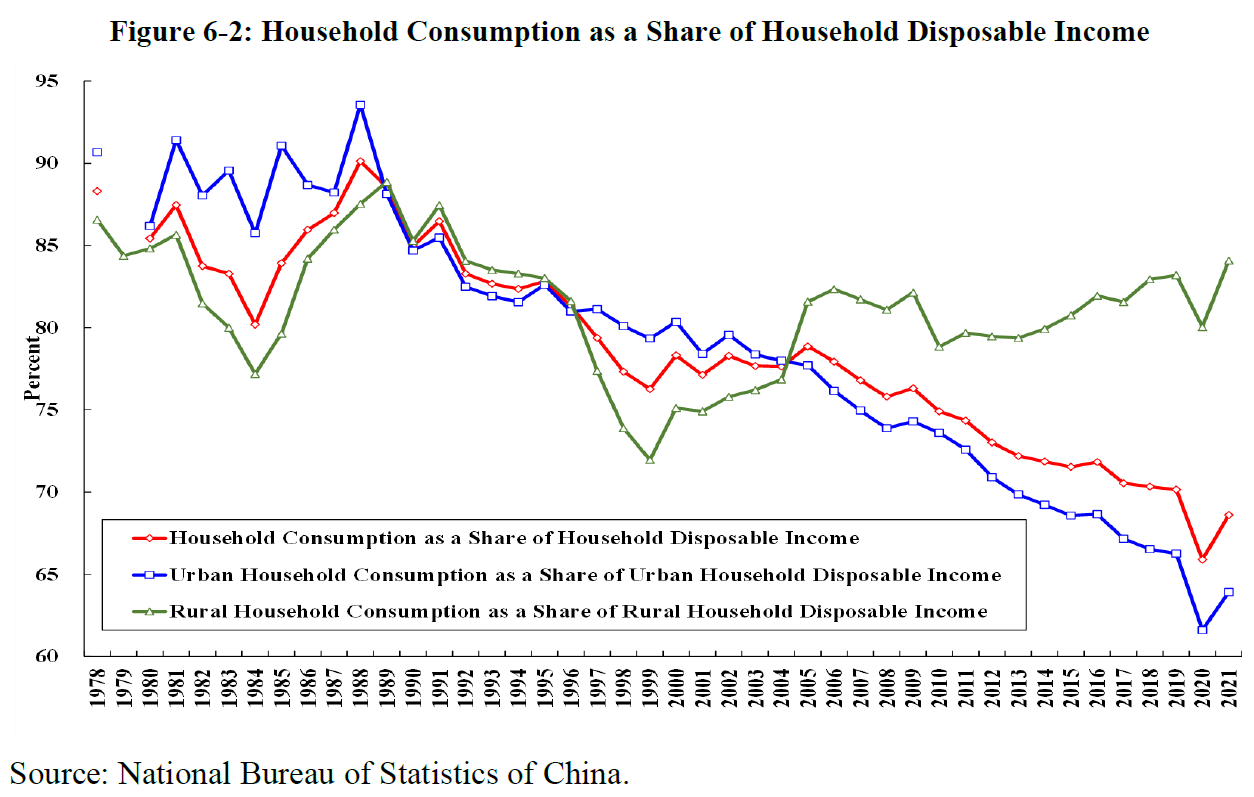
Jun 23, 2022
In the short run, all increases in government expenditures have the same macroeconomic effects on both GDP and employment. However, in the long run, increases in real fixed-assets investments augment the real capital stock and increase the real GDP, whereas increases in consumption due to increases in disposable income through, for example, tax cuts and transfer payments, generate no direct lasting benefits. Infrastructural investment, which is often needed for the provision of public goods, can generate benefits that can be widely shared in the economy even though they cannot be fully captured or internalised by the projects themselves.
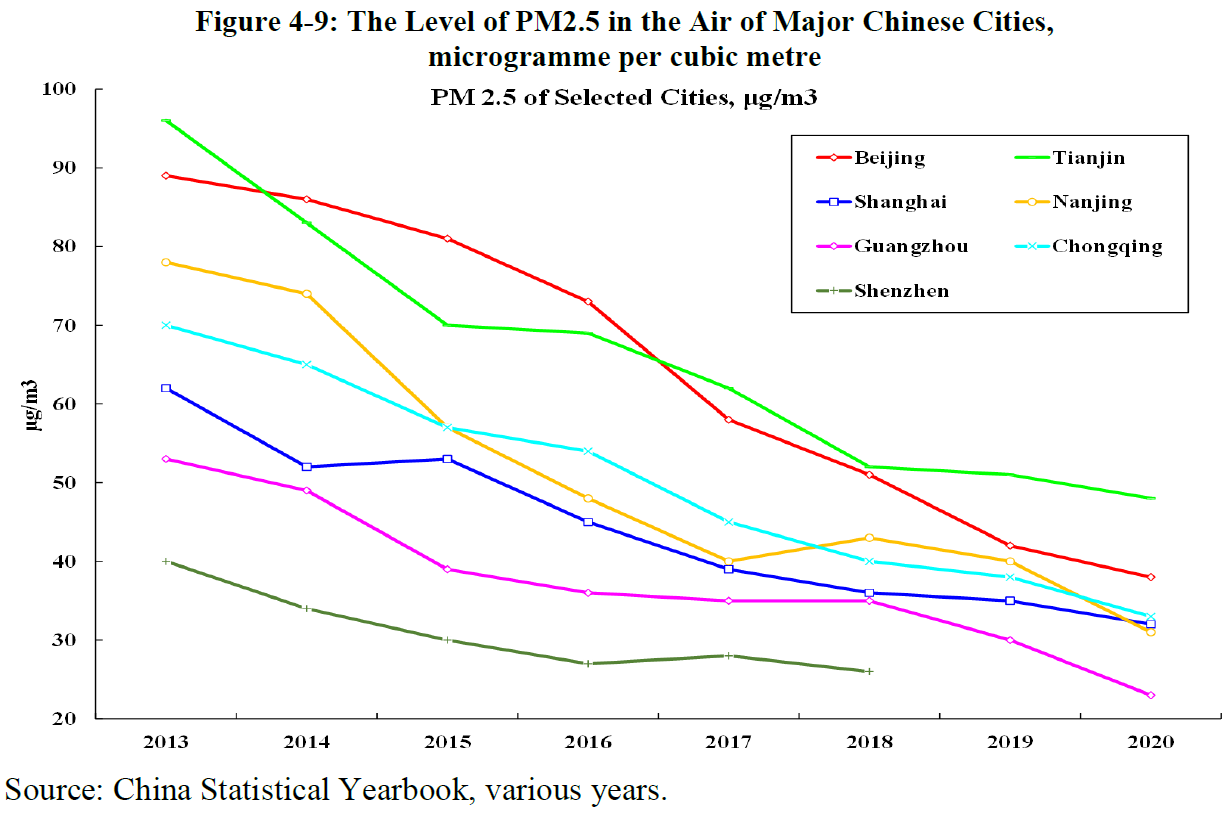
Jun 23, 2022
In economics, a public good is usually defined as a product or service that is openly available to be enjoyed by all members of a society. The Encyclopaedia Britannica defines a public good to be a product or service that is non-excludable and non-depletable (or “non-rivalrous”). Examples of such public goods include law enforcement, national defence, a stable local currency, and clean air and water. The elimination of a public bad, such as air pollution, is also a public good. The definition of a “public good” used in this article is slightly generalised to include potentially rivalrous goods, such as a seat on a train, so long as it is non-excludable ex ante. Basic education is a public good that is generally non-rivalrous; whereas mass transit is a public good that can at times be rivalrous.
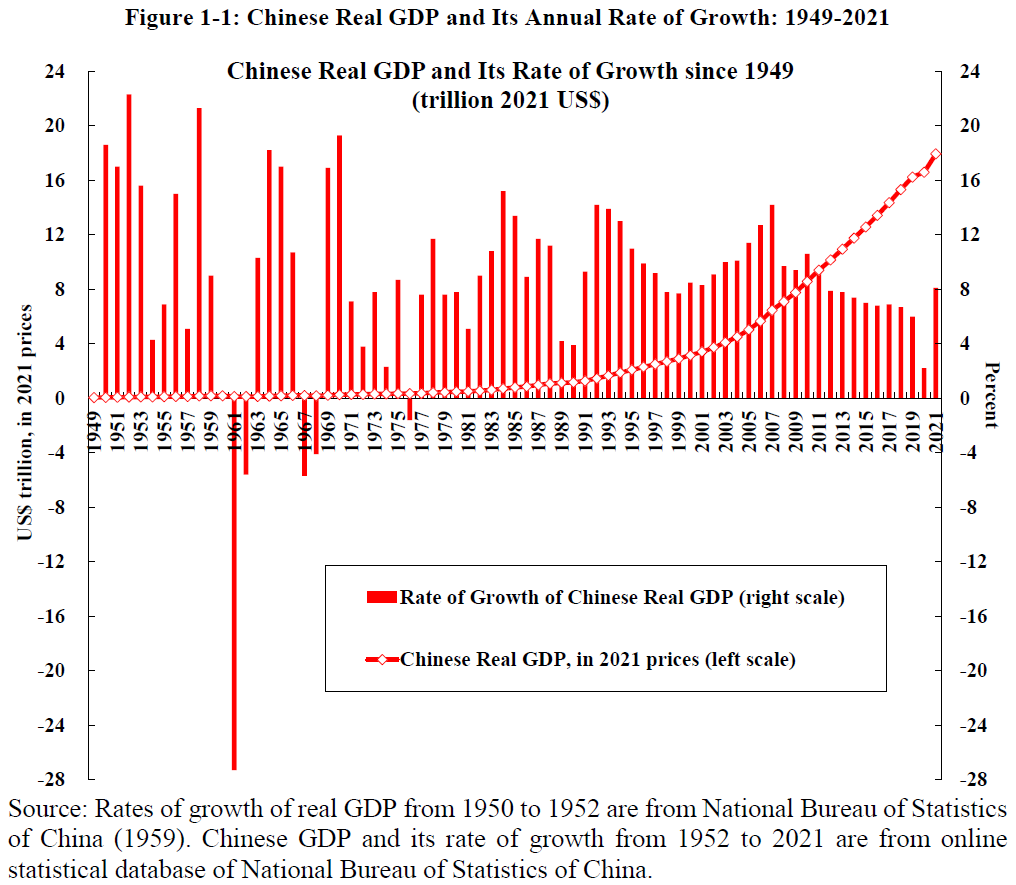
Jun 23, 2022
On May 5, Professor Laurence J. Lau, Ralph and Claire Landau Professor of Economics of the Chinese University of Hong Kong delivered a lecture with the same title during an online session hosted by the China Center of the Jesus College of Cambridge University. Professor Lau has kindly provided China-US Focus with an edited text of the lecture in which he addresses the role of public goods - education, public health, elderly care, basic research, infrastructure, social safety net, and alleviation of poverty - in China’s social and economic development over the past seven decades. Professor Lau argues that increasing provision of public goods is consistent with China’s strategy of “dual circulation development as well as its “common prosperity” policy, and could be a significant source of growth in demand in both consumption and investment that is essential to China’s continued prosperity. The following is part one of the lecture.

Feb 24, 2022
Unlike Britain and the United States, China actually walks the walk of human rights. It doesn’t merely talk the talk. What the Chinese mainland has taught us is that the zero-COVID policy is the most effective solution for avoiding deaths.
Jan 18, 2022
The future looks bright, but China must maintain economic openness. Its average real rate of growth is likely to be around 6 percent. Meanwhile, rationality will prevail and a hot war with the U.S. will be avoided.

Dec 02, 2021
Containment or isolation of the Chinese economy makes little sense because it means all countries will lose out from the reversing of globalization.
